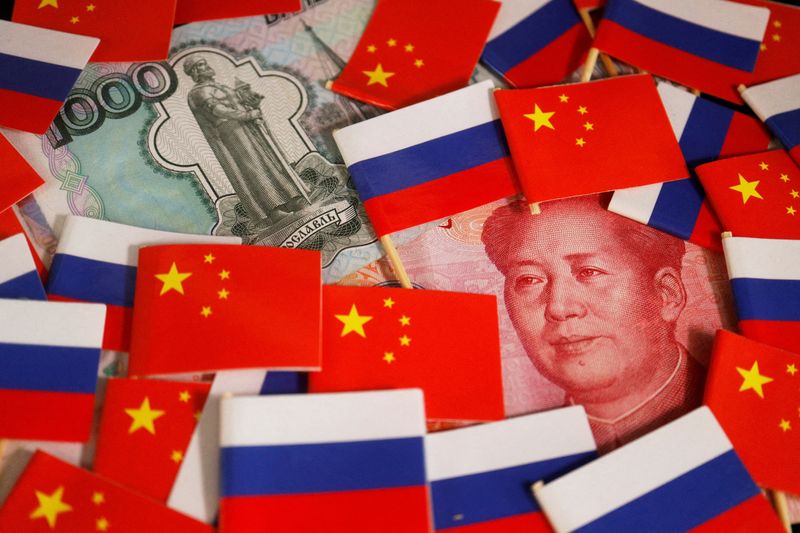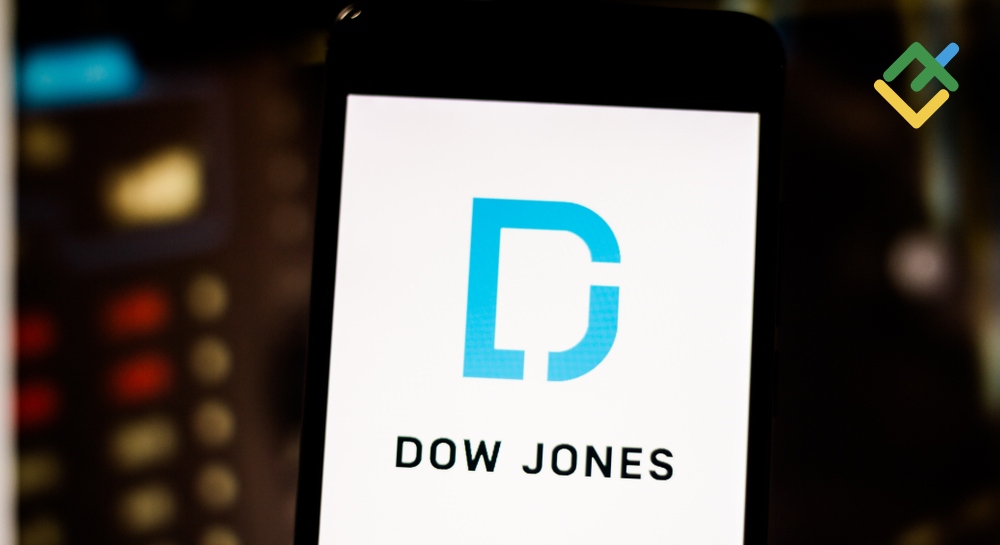
By Elena Fabrichnaya
MOSCOW (Reuters) – The impending expiry of a U.S. licence permitting transactions involving the pillars of Russia’s financial infrastructure could make it harder and costlier for Russian businesses to deal in Chinese yuan, sources engaged in imports and payments told Reuters.
The yuan, which hit a near-one-year high against the rouble on Wednesday, has become the most traded foreign currency in Moscow since Russia’s decision to send troops into Ukraine in February 2022 sparked sweeping Western sanctions and a ramping-up of Russia’s de-dollarisation policy.
With Chinese banks wary of the secondary sanctions risks of dealing with Russian entities blacklisted by Washington, and the Bank of Russia reluctant to continue pumping in yuan liquidity through FX swaps, some importers fear that payment issues between Russia and China could worsen.
“The situation may change after Oct. 12,” a person engaged in importing told Reuters. “An abrupt shortage of yuan or a complete refusal to accept payments from Russia by Chinese banks is possible.”
YUAN LIQUIDITY SHORTAGE
The U.S. Treasury’s Office of Foreign Assets Control (OFAC) in June imposed sanctions on Moscow Exchange and its clearing agent, the National Clearing Centre (NCC), leading to an immediate trading halt in dollars and euros on Russia’s largest bourse.
OFAC issued a licence, due to expire on Oct. 12, authorising the winding down of certain transactions. OFAC did not respond to a request for comment when asked whether another extension to the licence was possible.
Upon expiry, all conversion operations, including for Chinese banks’ subsidiaries, will halt and all open FX positions through Moscow Exchange will be closed and stopped, a person in the payments market said.
“Accordingly, the situation with the supply of yuan liquidity will become even more difficult,” the person said.
Payments worth billions of yuan are being held up as Chinese state banks shut down transactions with Russia, Reuters reported last month, while many transactions face lengthy delays, increased logistics costs and higher agents’ fees.
Complicating things, the Russian unit of Austria’s Raiffeisen Bank International has refused to make payments to China since September, a person familiar with the matter said.
RBI declined to comment.
SYSTEMIC RISK
The central bank has acknowledged the payment issues and urged commercial lenders to reduce their yuan loan portfolios as this exacerbates the yuan liquidity shortage by forcing the central bank to replenish short-term yuan stocks and driving up the swap interest rate and market volatility.
“The central bank is trying to somehow stop the shortage of yuan, as swap rates … last week reached up to 120%,” said Finam brokerage analyst Alexander Potavin, describing the risk as systemic for the largest Russian companies.
Central bank data shows banks have cut swap borrowings, to 15.4 billion yuan ($2.19 billion) on Wednesday from a peak of 35.2 billion yuan in early September.

“If yuan trading on Moscow Exchange is really cancelled, then there will be no exchange benchmark for the rouble,” said Potavin. “Yuan quotes will be formed on the results of trades on the interbank market, which is absolutely non-transparent, manipulable and volatile.”
($1 = 7.0184 Chinese yuan renminbi)
This post is originally published on INVESTING.


